Which would be more difficult to pull? Well, we really shouldn’t be treating these animals this way! Please do not pull elephants or mice!
Click on image for full size
Windows to the Universe original image
What is mass?
Would it be more difficult to pull an elephant or a mouse?
If you pulled each animal with the same amount of force, the elephant would respond less to pulling, even if he didn’t pull back at all. That’s because an elephant has more mass than a mouse.
Mass is the amount of material in an object. Mass stays the same no matter what force is acting on the object. This makes mass different from weight, which depends on both the amount of mass and the amount of gravity. This means that even though our elephant weighs less on the moon, his mass stays the same.
Last modified September 10, 2002 by Lisa Gardiner.
You might also be interested in:

Density is a measure of how much mass is contained in a given unit volume (density = mass/volume). It is usually expressed in kg/m^3. Put simply, if mass is a measure of how much ‘stuff’ there is in an
...more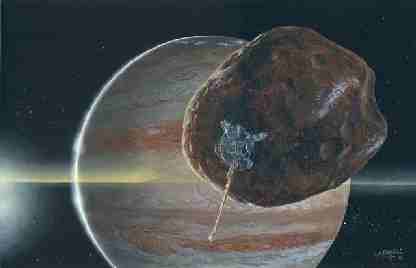
Amalthea, a small reddish moon of Jupiter, is not made of Swiss cheese, but it does seem to be full of holes making its density surprisingly low according to new information from the Galileo spacecraft.
...more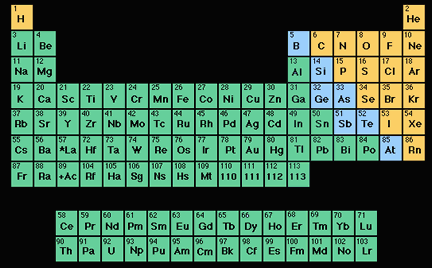
Some ideas are used in many, many places throughout science. We have grouped these "starting points for science" into three clusters: space, time, and matter. "Space" is the word we use for everything
...more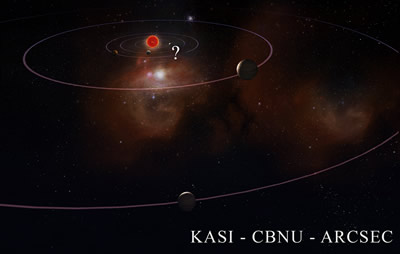
For a long time, scientists have wondered if there are other systems of planets like our own in our galaxy. Recently a team of astronomers discovered a solar system almost 5,000 light years away that has
...more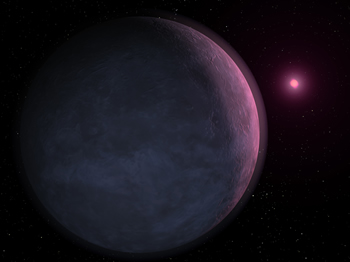
If there are other planets in the Universe that are like Earth, then they might be places where life could survive. However, the search for planets like Earth is not easy. Most of the planets found outside
...more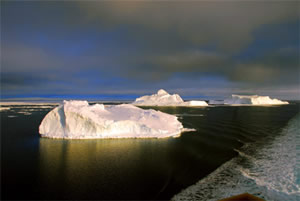
Icebergs are large pieces of ice floating in the ocean that have broken off of ice shelves or glaciers in Earth's polar regions. They are a part of the cryosphere. Approximately 90% of an iceberg's mass
...more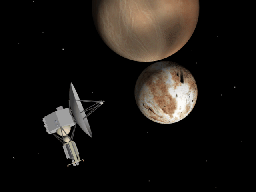
AU stands for Astronomical Units. It is a useful way to measure the distances in interplanetary space. It is the distance between the Earth and the Sun, which is about 93 million miles. For reference,
...more















